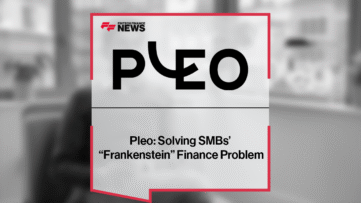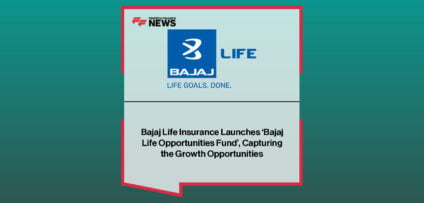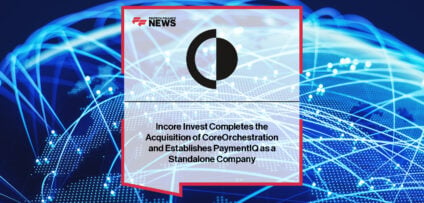Breaking News

SteadyPay: The BS behind traditional credit scoring systems
by John Downie, Founder & CEO, SteadyPay
In 2023, I can satisfy my late-night sushi cravings with just a few taps on my smartphone, but when it comes to credit scoring, it feels like we’re stuck in the ’90s.
The gig economy is flourishing, drawing in an increasing number of individuals away from the conventional 9-5 routine with the promise of flexible schedules and self-employment opportunities. Yet, the UK’s credit systems aren’t evolving at the same pace. It’s broken, and it needs fixing.
Credit scoring is a class system like no other
Fintech leaders often champion the idea that finance is becoming more accessible to everyone. However, regardless of our intentions, our current practices essentially perpetuate a class-based credit system. Presently, there are 22.6 million individuals who proudly hold the ‘prime’ badge, but a staggering 18 million are left on the sidelines due to traditional credit scoring methods. Among them, 7.4 million are categorised as ‘non-prime,’ and 10.6 million are labelled ‘new-to-credit.’ These individuals are misunderstood and misrepresented by systems that cling to outdated methodologies.
There’s an unnerving bias on historical data in traditional credit scoring which means that past financial mistakes can have a lasting impact on your current creditworthiness; which is particularly unfair when your current financial situation has improved significantly. Add to that the narrow scope of this data and you begin to see real problems; it fails to paint a holistic picture of an individual’s financial behaviour, neglecting to account for variables like spending habits, money management skills, and earning potential.
Lenders also often fall back on outdated criteria like postcode averages to assess affordability. This practice ignores the fact that each individual’s financial situation is unique, and that what may be true for one person in a neighbourhood isn’t necessarily true for another.
The absence of real-time data, including qualitative factors, is a glaring deficiency. Traditional scores offer a static, outdated snapshot that fails to account for the changes and complexities of modern financial lives. Then there’s thievery real issue of cultural bias. Traditional credit scoring systems have an unfortunate tendency to penalise newcomers to the country or those who follow unique spending patterns, displaying a lack of understanding or accommodation for diverse financial behaviours.
How do we challenge this discrimination?
Emerging technologies like machine learning offer promise for a more equitable system. They can process diverse and vast data sets, thereby offering more accurate, up-to-date assessments of creditworthiness. Furthermore, if these algorithms are designed thoughtfully, they have the potential to minimise, if not eliminate, systemic biases. In my opinion, for meaningful change, several steps are required:
- Embrace open banking
- Open banking must become mainstream, enabling individuals to securely share their financial data with lenders for a more complete, real-time picture.
- Rethink the role of credit reference agencies
- Agencies need to adapt or make way for new, inclusive models. Startups like InFact Systems are showing the way.
- Regulatory support
- Regulatory backing is crucial for incorporating these new methods into established lending practices, to serve consumers more effectively.
- Accessible lending funds
- Both public and private lending funds should be made more widely accessible to support a diverse range of borrowers, encouraging financial inclusion with competitive rates.Financial education for the modern world
- Updated, timely financial education is crucial and should be seamlessly integrated into financial tools and services.
It’s abundantly clear that our current credit system is complete BS – it’s outdated and demands immediate attention.
For lenders, the time to take action is now; the technology is available to help you adapt your practices to a changing financial landscape and, by doing so, you can lead the way in creating a fairer, more inclusive credit assessment system that benefits everyone.
People In This Post
Companies In This Post
- E-commerce Berlin Expo 2026 Jubilee Edition Reveals the AI future of Digital Commerce Read more
- Why Trust Is the New Payments Differentiator | Payment Spayce | Sagicor Bank | The Paytech Show #85 Read more
- E-commerce Germany Awards 2026 Reveals Industry Leaders and Best Innovators Read more
- Pleo: Solving SMBs’ “Frankenstein” Finance Problem Read more
- Bajaj Life Insurance Launches ‘Bajaj Life Opportunities Fund’, Capturing the Growth Opportunities Read more


















